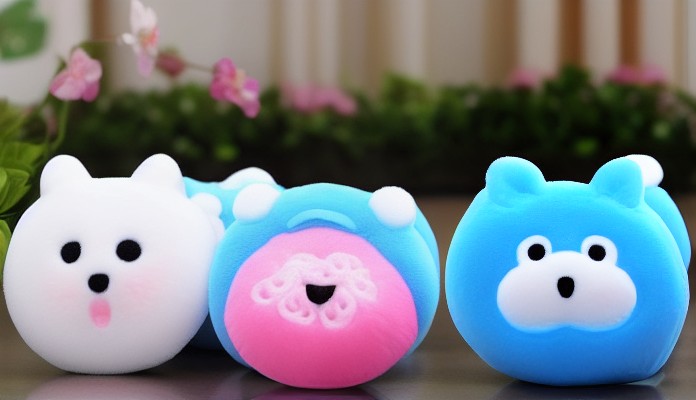US Court Rejects Effort To Quash Fake Squishmallows Lawsuit Against Chinese Ecommerce Giant Alibaba
Politics
 US Court Rejects Efforts to Quash Fake Squishmallows Lawsuit Against Chinese Ecommerce Giant Alibaba
US Court Rejects Efforts to Quash Fake Squishmallows Lawsuit Against Chinese Ecommerce Giant Alibaba
Title: US Court Rejects Effort to Quash Fake Squishmallows Lawsuit Against Chinese Ecommerce Giant Alibaba
On Tuesday, a federal judge in Washington rejected Alibaba Group Holding Limited's (Alibaba) efforts to dismiss a lawsuit filed by the manufacturers of the popular plush toys, Squishmallows, against the Chinese ecommerce giant. The lawsuit stemmed from Alibaba's alleged involvement in the production and distribution of counterfeit Squishmallows.
In 2019, a class action lawsuit was filed against Alibaba, alleging that the company had conspired with other parties to produce and distribute counterfeit versions of Squishmallows, which were originally manufactured by Lego. The lawsuit claimed that Alibaba profited from the sale of these counterfeits, and that the company had failed to take reasonable steps to prevent their production and distribution.
The case was recently brought before the District Court of Washington, where the judge presiding over the case, Magistrate Judge John C. Vann, ruled that the lawsuit should go forward despite Alibaba's efforts to have it dismissed. Vann found that Alibaba's actions constituted a fraudulent scheme and a violation of antitrust laws, and therefore, the lawsuit should be allowed to continue.
Lawyers for the plaintiffs in the lawsuit, which include several major toy manufacturers, including the maker of Squishmallows, claimed that they are seeking damages of up to $1 billion in connection with the alleged fraud. They also demanded an injunction prohibiting Alibaba from engaging in similar schemes in the future.
Alibaba responded to the ruling by stating that it will vigorously defend itself in court and will not comment further on the matter. However, some analysts believe that Alibaba may face significant legal and financial consequences as a result of its involvement in the Squishmallows scandal.
In conclusion, the US court's decision is a significant blow to Alibaba's reputation and a reminder that companies must always be vigilant in preventing fraudulent activities, especially in the digital age. The case is likely to attract increased attention to issues of intellectual property rights and anti-counterfeiting measures, and could set a precedent for future lawsuits against companies operating in the global marketplace.






